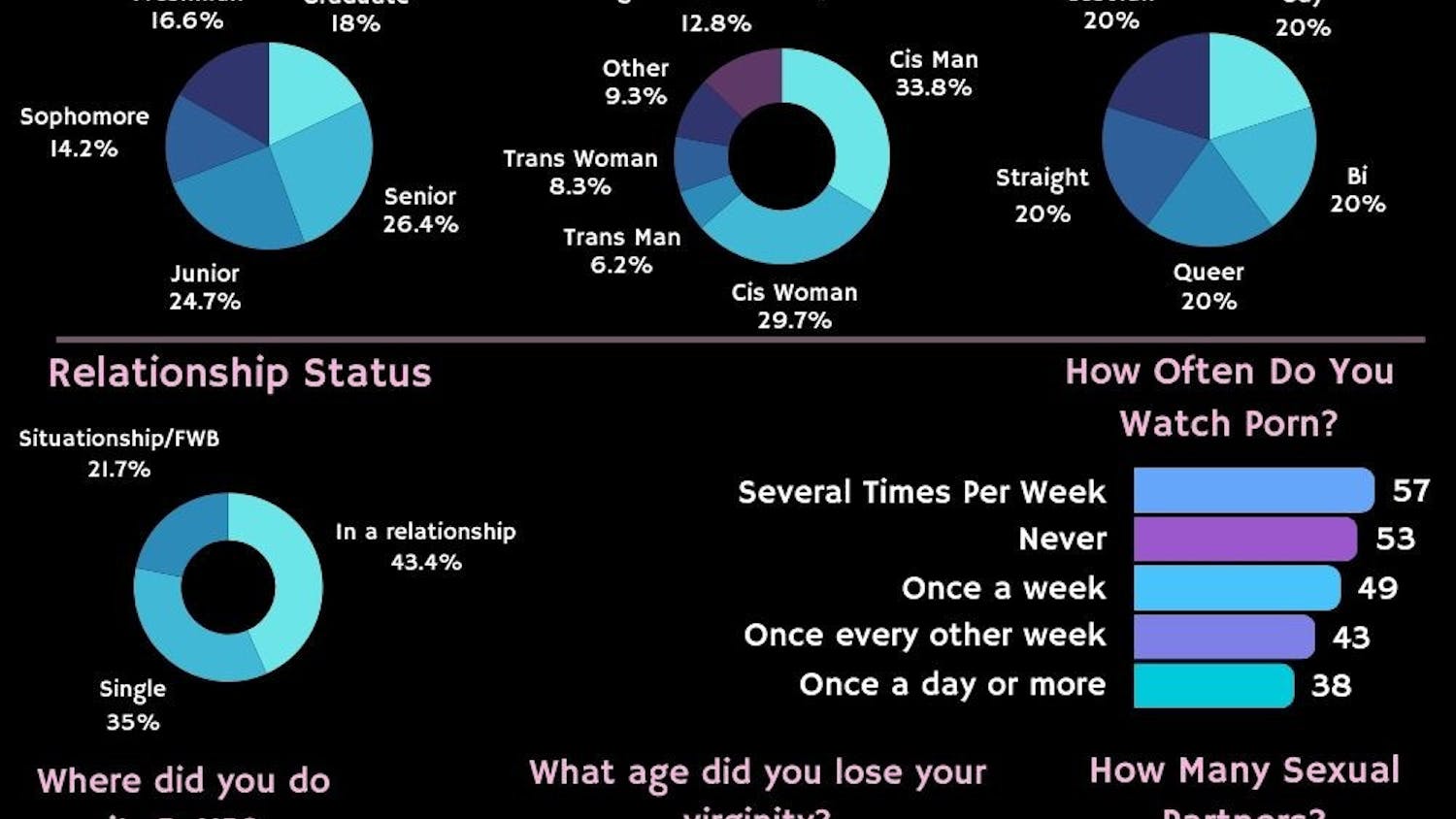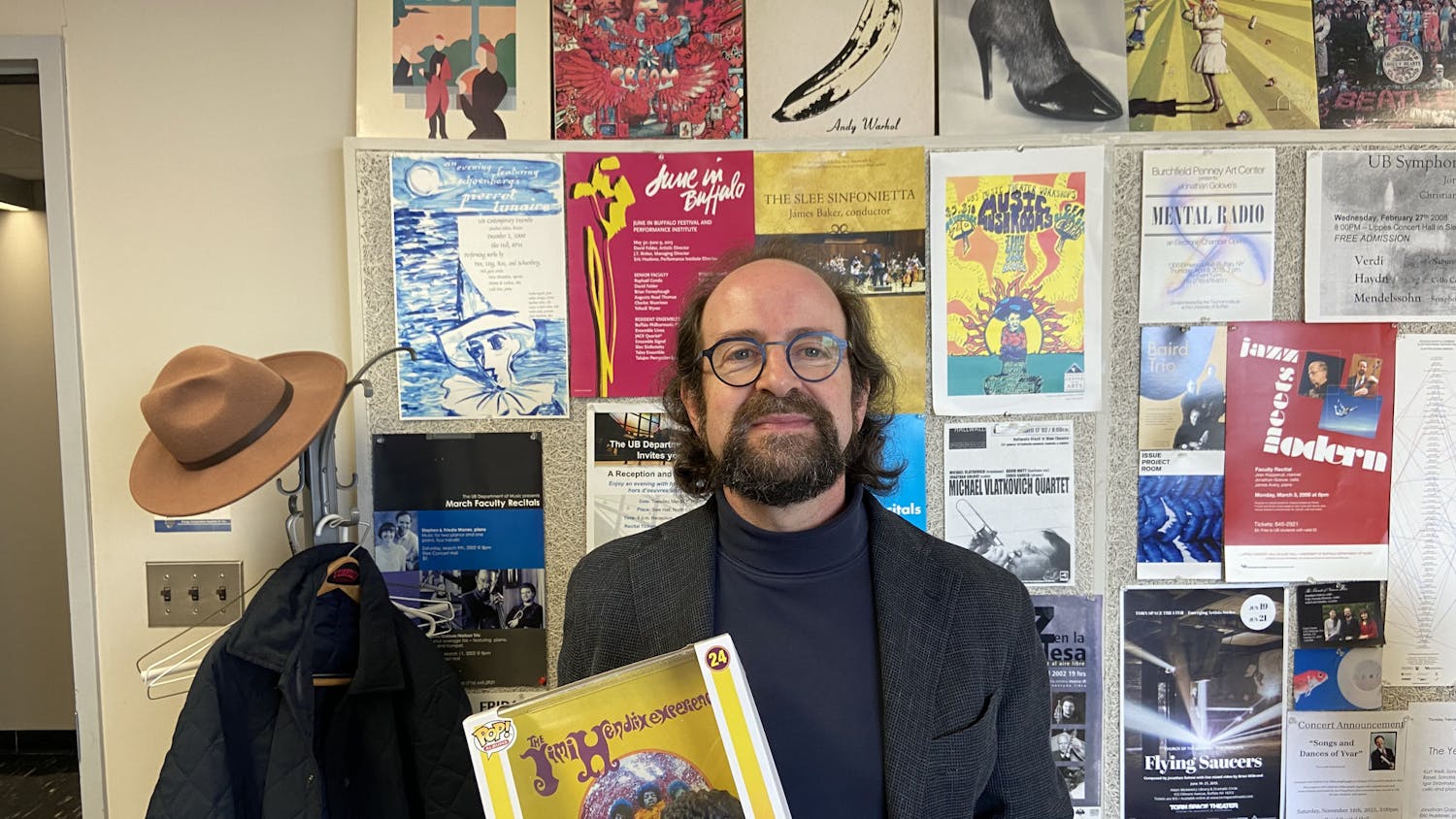SUNY officials failed to provide adequate financial oversight of the system’s 30 campus foundations – whose combined assets total more than $2.1 billion – state watchdogs concluded in a report released Tuesday by New York Comptroller Tom DiNapoli.
The report details a number of questionable expenditures at the UB Foundation in particular, including salaries paid to individuals also earning a state salary and contract awards handed out without competitive bidding.
Among the comptroller’s findings: SUNY has not audited 16 of the 30 campus foundations – private, nonprofit entities that control fundraising, property management and other capital investments for the universities – in at least a decade.
The report also found UBF, the largest campus foundation in the SUNY system with more than $1 billion in assets, was one of 10 SUNY foundations operating without an active contract. The university’s contract with UBF expired more than three years ago.
The lack of a current contract means UBF has not been subject to guidelines revised by SUNY in 2016 that added a whistleblower policy.
In a response to the report, SUNY officials said they were unable to perform regular audits because of competing priorities and a lack of resources, and they lacked mechanisms to enforce the contractual obligations between campuses and their foundations. They also said they tried to create and enforce interim contracts.
The comptroller’s office said SUNY officials should improve their risk assessment methods by using readily available information such as IRS 990 forms, which nonprofits are required to file with the federal government. The report identified several conflicts of interest involving foundation board members that were disclosed on tax forms but that SUNY auditors had failed to note, indicating deficiencies in SUNY’s oversight of the foundations.
The report also found UBF paid for services without competitive bidding, although it noted SUNY guidelines do not require foundations to use the practice. Contracts were awarded based on referrals or “longstanding relationships,” the report said.
Many municipalities, public agencies and other entities handling taxpayer dollars are required to competitively bid contracts to ensure public money is spent wisely. The foundation has argued that its money, much of which comes from donors, is private.
State watchdogs received bid documents from UBF for four contracts in effect during the audit period, totaling $780,627 for audit, legal, real estate and investment services. The report found UBF did not have any criteria for selecting the legal services. UBF was also not able to provide actual bids for the four contracts, despite its own record retention policy requiring the foundation to hold the documents for at least seven years.
The audit sampled 50 employees paid by UBF in 2014-15 and found that in addition to earning a state salary, 20 employees made nearly $1.8 million from UBF. Four of the employees each received salaries of more than $100,000 from both UB and UBF. One person received a $351,438 from UB, while also receiving $308,453 from UBF.
The foundation’s payroll policies did not include provisions that showed the compensation as justified or beneficial to the campus.
In one instance, the report looked at an individual who received a state pension of $76,192 while also receiving $118,696 in compensation from UBF for the same position.
The documentation UBF provided to support the compensation did not show any reasonable justification. It was an email from the employee expressing a desire to retire from state service, but continue in the position and be paid instead by UBF.
The employee was younger than 65 and should have been subject to a $30,000 Retirement and Social Security law limitation on annual compensation for retirees who return to public employment, the report found. But because the employee was compensated by UBF instead of the state, the employee was not subject to the pension cap.
The report also showed UBF provided nearly $40,000 in funding for retirement and graduation parties, a class reunion and a donor recognition party. UBF also reported nearly $6,380 toward travel and conference expenditures that did not have supporting documentation to show they were reasonable and justified.
“We question whether these types of expenses are consistent with the foundations’ mission to support approved programs and activities. … When expenditures are not fully supported, the person approving them may be unable to determine if the expenses are appropriate and benefit the campus,” the report said. “Therefore, alumni and other benefactors cannot be adequately assured their gifts and donations are used for approved programs and activities.”
The comptroller’s office recommended SUNY officials work with campuses to execute contracts on a timely basis and suggested routine evaluations of all relevant, available information like tax forms. It further recommended SUNY review the questionable expenditures outlined in the audit to determine whether they are “justified and reasonable.”
In 2016, SUNY began auditing UBF for the first time in the 54 years since it was incorporated.
In March 2017, SUNY Auditor Michael Abbott told trustees the fieldwork for the UBF audit was completed and a report would be ready by that May or June.
Nearly a year later, Abbott still has not presented the much-anticipated report, and did not provide written findings for DiNapoli’s report.
SUNY press secretary Holly Liapis has not returned Spectrum requests for comment on the audit’s delay. UBF Director Ed Schneider did not respond to requests for comment.
Sarah Crowley is the senior news editor and can be reached at sarah.crowley@ubspectrum.com.
@crowleyspectrum




